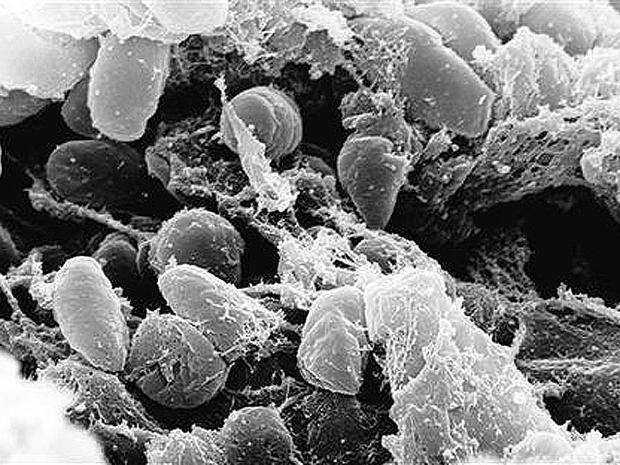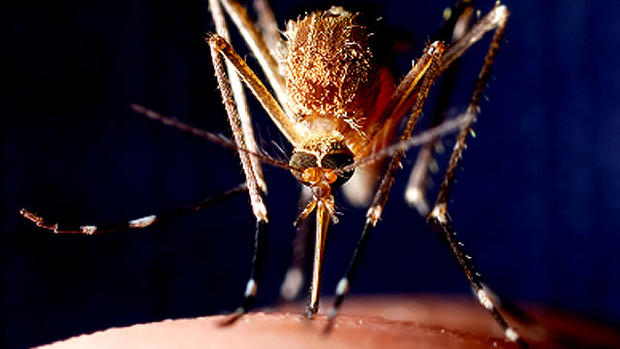Antibiotic for plague approved by the FDA
(CBS/AP) A plague outbreak could be extremely deadly, so much so that officials warn it can be used in a bioterror attack. Now U.S regulators have approved use of a powerful Johnson & Johnson antibiotic to treat and prevent the extremely rare but potentially deadly bacterial infection.
PICTURES: Tsunami: 10 health threats that could come next
Scientists crack genetic code of Black Death germ, Yersinia pestis
The U.S. Food and Drug Administration also approved Levaquin, known generically as levofloxacin, to reduce risk of people getting plague after exposure to the bacteria that causes it, called Yersinia pestis.
Plague mainly occurs in animals. People can get it from bites from infected fleas or contact with infected animals or humans. About 1,000 to 2,000 human cases occur worldwide each year.
The bacteria are also considered a potential culprit in a bioterrorism act, according to the Centers for Disease Control and Prevention. The CDC says it can be used in an aerosol attack to cause "pneumonic plague" in those who breath it in within six days of exposure.
"Because of the delay between being exposed to the bacteria and becoming sick, people could travel over a large area before becoming contagious and possibly infecting others. Controlling the disease would then be more difficult," the CDC said.
Pneumonic plague is one of several forms of plague. Depending on circumstances, it may occur separately or in combination with the two other types of the disease, bubonic plague or septicemic plague. Bubonic plague is the most common form of the disease that occurs when an infected flea bites a person. Patients develop swollen, tender lymph glands (called buboes) and fever, headache, chills, and weakness and unlike pneumonic plague, it won't spread from person to person. Septicemic plague occurs when Y. pestis bacteria multiply in the blood, either by itself or as a complication from pneumonic or bubonic plague. Patients have fever, chills, prostration, abdominal pain, shock, and bleeding into skin and other organs, but the disease won't spread from person to person.
The FDA approved Levaquin for plague after tests on African green monkeys infected with the bacteria in a lab found 94 percent of the monkeys given Levaquin survived.
In the U.S., the last urban plague epidemic occurred in 1924-25 in Los Angeles. Since then, human cases of plague in the U.S. has occurred as mostly scattered cases in rural areas, on average 10 to 15 persons each year, according to the CDC. Last year two people in New Mexico were diagnosed with plague, HealthPop reported.
The CDC has more on plague.

